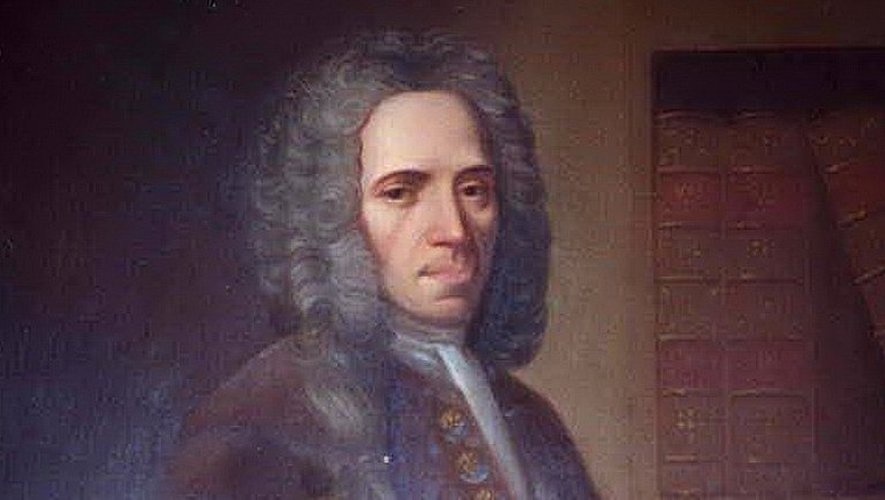Theologian but freedom of thought advocate: Who is Firmin Abauzit?
The church's interference with free thought and its imposition of certain restrictions is against human essence and divine laws.

(1679-1767) French theologian, and philosopher. He defended freedom of thought against the attempt of the church to make their beliefs dominant. He was born in Uzes and later died in Geneva, where he took refuge. Coming from a Protestant family, he was kidnapped by the Catholics, confined to a monastery, and was not allowed in contact with anyone for a while. He wanted to be brought up with an education against the Protestant beliefs. He took refuge in Geneva after being rescued by his mother's efforts upon the repeal of the Nant Edict. He embarked on long-term studies of Greek philosophy, theology, and natural sciences. Due to the successful results of his studies, he achieved great fame in a short time and became one of the most popular scholars of his time. He went to Germany for a while, then to England, and continued his scientific studies. Intrigued by King William III. Although the king wanted to appoint him to his side, Abauzit returned to Geneva, claiming that he would start new studies. He continued his duty at the State Library for fifty years until his death. Despite his deep and extensive knowledge, Abauzit, who preferred to live modestly, also attracted Newton's attention due to his successful studies. Newton, in a letter he wrote to him, declared his place and importance in the history of science.
Abauzit entered philosophy with the natural sciences. He argued that there was a connection between philosophy and the natural sciences; He argued that philosophy should be based on science. With his studies on Greek and Roman civilizations, he explored the development line of philosophy and the main sources of European thought. He translated the Bible into the language of the people, claiming that the people should learn their religion and beliefs from their own language.
According to Abauzit, philosophy is the product of free thought; It is aimed at understanding and recognizing the person, the universe, and all the objects gathered under the concept of being. The church's interference with free thought and its imposition of certain restrictions is against human essence and divine laws. Religion should not interfere with the studies of experimental sciences on which philosophy is based, and should not go beyond its own field. It is not possible to understand the natural beings, the whole called nature, by excluding the data of experimental sciences. If a source of thought is production based on concepts, another source is data provided by the senses. Therefore, there are two kinds of knowledge, one coming from experience, and the other from the production of thinking ability.
The reason is the ability that governs people, regulates their behavior, and create the rules of thinking, it does not come from experience. Logic, which includes the general rules of thinking, is also a science that works according to the principles of reason.
As in the age of Abauzit, its influence continued in the following periods. Rousseau, who especially adopted his views on freedom of thought, reconsidered them and processed them according to the understanding of his age. Intellectuals such as Bayie, Voltaire, and Saint Euremond were also inspired by Abauzit.
Abauzit's writings were collected in two books after his death.
